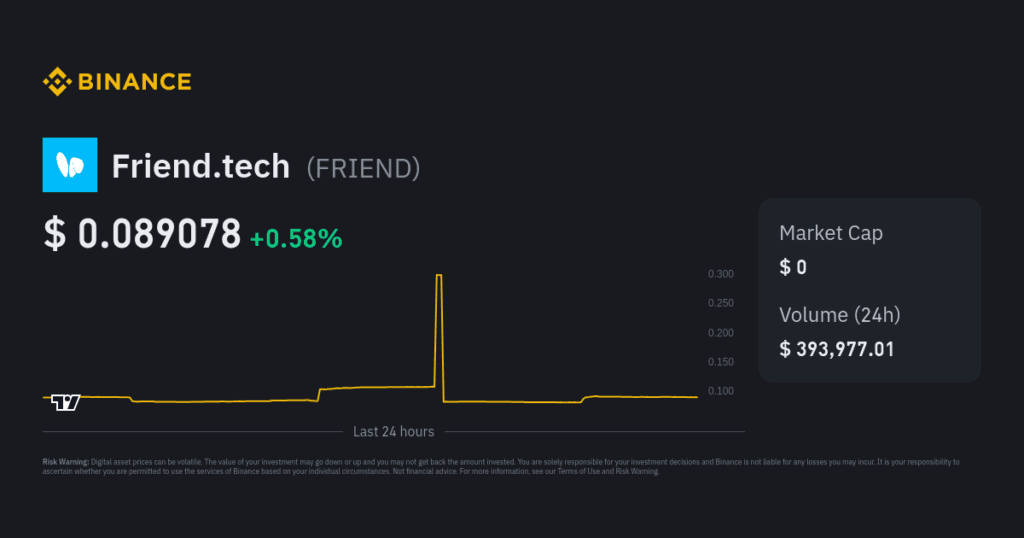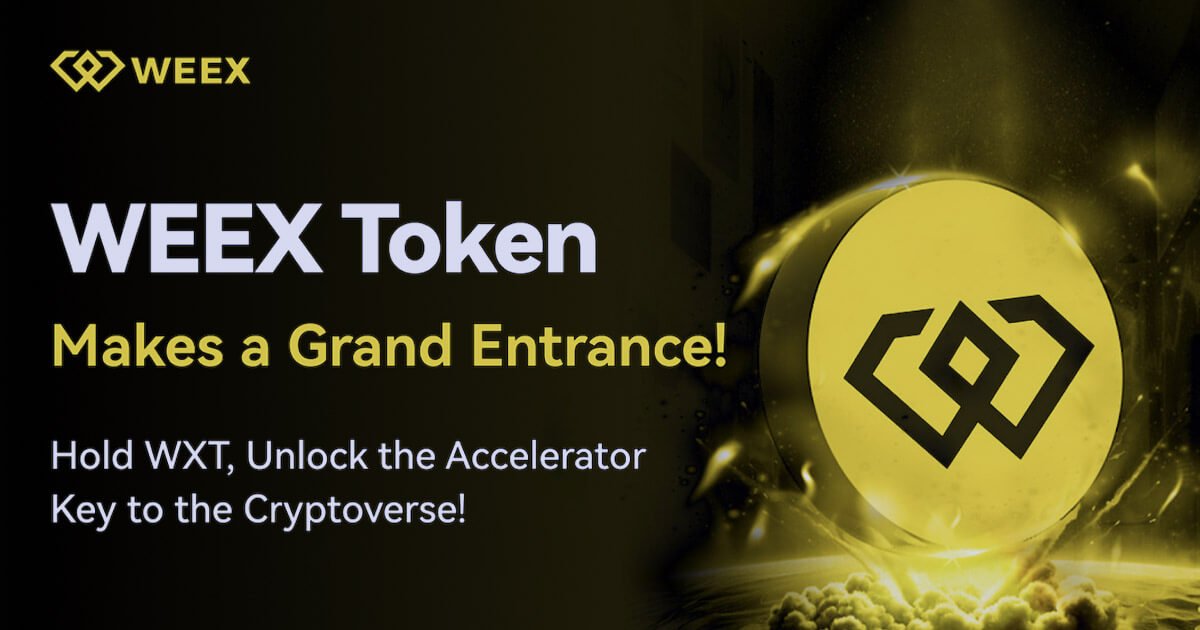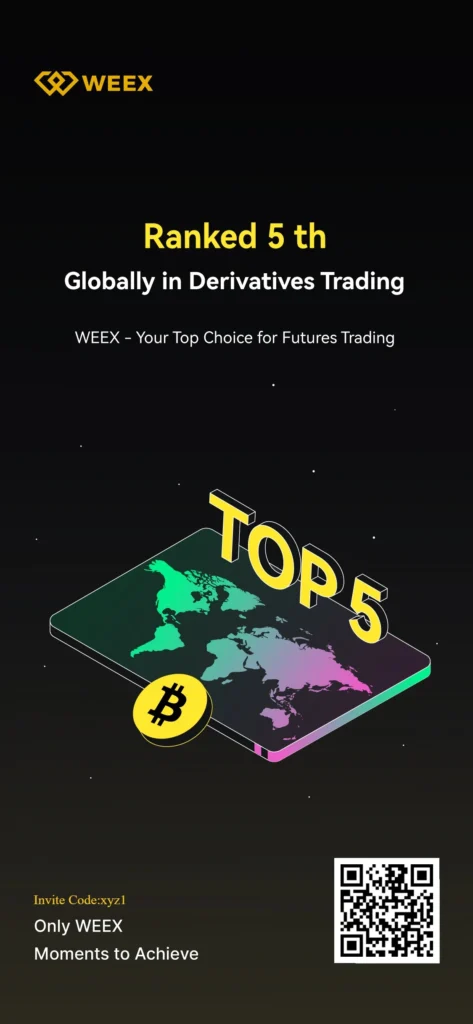

In a surprising move, the token for the crypto social media platform Friend.tech has seen a sharp 26% drop in value. This steep decline came after the platform’s development team made a significant and unexpected decision: they transferred the admin and ownership of its smart contracts to Ethereum’s null address. Essentially, this action means that the team has permanently relinquished control over the contracts, a move that sent shockwaves through the crypto community and left many users speculating about the platform’s future.
What Happened to Friend.tech’s Smart Contracts?
Friend tech, a decentralized platform allowing users to create and trade social tokens, was once seen as a promising entry into the world of social finance (or “SocialFi”). Built on the Ethereum blockchain, the platform enabled users to buy and sell “shares” of social media profiles, effectively tokenizing social interactions and engagement.
However, on September 10, 2024, the development team behind Friend tech made a surprising and controversial move. They transferred the admin rights and ownership of the platform’s smart contracts to Ethereum’s null address, a technical term used to describe an address that effectively leads to nowhere. In blockchain terms, transferring ownership to a null address means the platform’s contracts can no longer be modified, updated, or controlled by anyone — not even the original developers.
This move triggered immediate concern across the crypto community, leading to the dramatic 26% drop in the token’s value. Investors and users alike are questioning the reasoning behind this decision and what it means for the future of the platform.
Why Did Friend.tech Relinquish Control?
The decision to relinquish control over the smart contracts raised many eyebrows, with users questioning why the Friend tech team would make such a drastic move. Some have speculated that it was an attempt to decentralize the platform fully, aligning with the principles of true decentralization that many blockchain enthusiasts value. By transferring control to a null address, the team has effectively ensured that no centralized entity — not even the original developers — can make changes to the platform’s underlying contracts.
While this move may appear noble in its goal of creating a fully decentralized system, it has also raised concerns. For many users, the idea that the platform’s core contracts are now immutable means that any potential issues or vulnerabilities that arise cannot be addressed. If a bug or exploit is discovered in the future, there will be no way to fix it.
The Impact on Token Holders
The immediate impact of this decision was a sharp decline in the token’s value. Token holders, already anxious about the volatility of the crypto market, reacted swiftly to the news, selling off their tokens in large numbers. Within 24 hours of the announcement, Friend tech’s token had plummeted by 26%.
For many token holders, the uncertainty surrounding the platform’s future is the primary concern. With the development team no longer having control over the smart contracts, users are left wondering if the platform can continue to grow and evolve. In a rapidly changing crypto landscape, platforms that cannot adapt or innovate often fall by the wayside. Without the ability to modify its contracts, Friend tech may struggle to remain competitive in the long term.
Decentralization vs. Centralized Control
The decision by Friend tech to transfer control to a null address highlights a key debate within the crypto world: the balance between decentralization and centralized control. On one hand, decentralization is one of the core tenets of blockchain technology. It promotes transparency, reduces the risk of corruption or interference from a single entity, and gives users more autonomy over their assets and data.
On the other hand, complete decentralization comes with its own set of challenges. By relinquishing control, platforms like Friend tech risk losing the ability to make necessary changes, improve security, and introduce new features. In a world where innovation is key, many platforms choose to retain some level of centralized control to ensure they can evolve and address issues as they arise.
In the case of Friend.tech, the decision to fully decentralize by giving up control of the smart contracts is a bold move, but one that could come with significant risks. Without the ability to adapt, the platform may struggle to keep up with competitors who retain more flexibility.
What’s Next for Friend.tech?
The future of Friend.tech remains uncertain. While the platform has successfully transitioned to a fully decentralized model, the 26% drop in token value reflects a lack of confidence from investors. Whether or not the platform can recover from this loss will depend largely on its ability to continue providing value to its users.
In the coming months, it will be crucial for Friend tech to reassure its community and demonstrate that the decision to relinquish control was made in the platform’s best interest. However, if users and investors lose faith in the platform’s ability to innovate and address potential issues, it could face a significant decline in popularity.
Future Considerations
The 26% drop in Friend tech’s token value following the team’s decision to relinquish control of its smart contracts is a reflection of the uncertainty surrounding the platform’s future. While the move towards full decentralization may align with the ideals of the blockchain community, it also comes with significant risks. With no ability to modify or update the platform’s smart contracts, Friend tech faces an uncertain future in a rapidly evolving crypto landscape. Whether or not the platform can regain investor confidence and continue to thrive will depend on how it navigates the challenges of complete decentralization.
FAQs
1. What does it mean to transfer smart contracts to a null address?
Transferring smart contracts to a null address means the contracts can no longer be modified or controlled by anyone, including the original developers. It’s a permanent and irreversible action.
2. Why did Friend tech relinquish control of its smart contracts?
The Friend.tech team likely wanted to align with the principles of full decentralization. By relinquishing control, they ensured no centralized entity could make changes to the platform.
3. What are the risks of relinquishing control over smart contracts?
The biggest risk is the inability to address bugs, vulnerabilities, or introduce updates. If a problem arises, there is no way to fix it, which could hurt the platform’s long-term viability.




